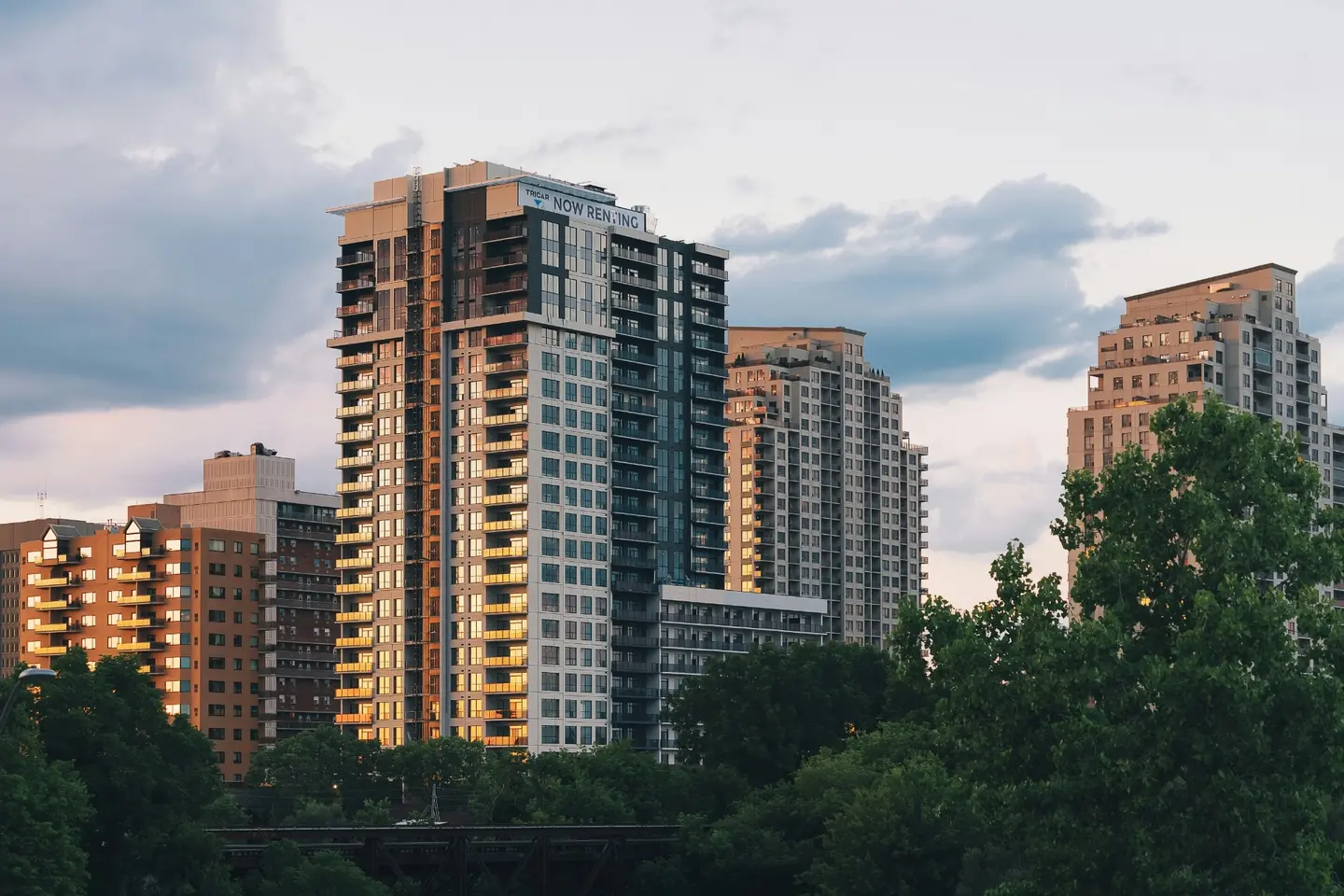Ontario Rent Increase in 2026

Are you thinking of moving to or within Ontario this year? Or perhaps you’re a landlord and you’re wondering what the rent increase guideline means for you?
In this article, Vistoo will tell you everything you need to know about the rent increase guideline.
First, let’s begin by understanding how rent control works in Ontario and whether it applies to your situation.
How It Works
In Ontario, rent increases used to be limited to the rate of inflation. However, a few years ago, the government introduced a cap on annual rent increases in an effort to keep rent affordable and provide more stability for tenants.
According to the Residential Tenancies Act, the rent increase guideline is capped at 2.1 percent, even if the rate of inflation is higher. This is the maximum guideline that can be set in any given year, but it can also be set lower.
Although the rent increase guideline applies to most tenants, there are some important exceptions you should know about. The following units are exempted from rent control:
- Rental units built and first occupied after November 15, 2018 (including additions to existing buildings and basements that have been converted into apartments)
- Rental units upon tenant turnover
- Community housing units
- Long-term care homes
- Commercial properties
Moreover, in some specific cases, landlords can increase the rent at a rate above a given year’s maximum guideline. Any increase above the guideline requires the approval of the Ontario Landlord and Tenant Board, and it must meet one of the following criteria:
- The landlord’s municipal taxes and charges for the unit have increased by an “extraordinary” amount
- The landlord began providing security services, or the costs for those services have increased
- The landlord did extraordinary or significant renovations, repairs, replacements or new additions to the building or to individual units
It’s important to note that landlords may only raise rent if tenants are given at least 90 days’ written notice, using the appropriate form, and if at least 12 months have passed since the first day of the tenancy or the last rent increase.
The Current Situation
In 2025, the annual rent increase guideline was set at 2.5 percent, which was the highest allowable increase for most tenants. This represented a substantial shift from the previous year’s guideline, which was set at 1.2 percent.
The rental market remains tight. For instance, the most recent vacancy rate for the purpose-built rental market in Toronto is said to be 1.7 percent, and 1.1 percent for the condominium apartment market. The current low availability of rental units, Canada-wide, coupled with a growth in demand (which is not expected to slow down in the coming years), contributes to the challenging situation and to higher rents on new units.

What to Expect in 2026
In 2026, the rent increase guideline is set to remain at 2.5 percent. This decision is meant to strike a middle ground between landlords and tenants, by helping protect tenants from the rising cost of living and allowing landlords to increase rent to compensate for higher property taxes and higher mortgage interest rates.
The guideline for 2026 is positioned below the average inflation rate of 5.9 percent. Without the cap on rent increase, the guideline would have been as high as the inflation rate, which would have led to a much higher maximum amount of rent.
With the current policy interest rate expected to hold until mid-2026 and possibly decrease later in the year, the economic situation in Ontario and in Canada as a whole is looking a little bit brighter.
Inflation has slowed down faster than expected, but the cost of living remains high and interest rates have been harsh. As a result, this influenced the decision to keep the 2025 rent increase guideline at 2.5 percent, aligning with the rate established the previous year. The decision to keep the 2025 rent increase guideline at 2.5 percent, the same rate as last year, was made with this context in mind.
What is the potential maximum amount of rent you can expect to charge or pay in 2026? In the following table, we did the calculations for you:
|
Cities |
Average Price for Rent 2024 |
Average Price for Rent 2024 |
Average Price for Rent 2025 |
Average Price for Rent 2025 |
|
Toronto |
$2,594 |
$3,450 |
$2,658.85 |
$3,536.25 |
|
Mississauga |
$2,322 |
$2,831 |
$2,380.05 |
$2,901.78 |
|
Etobicoke |
$2,296 |
$2,905 |
$2,353.40 |
$2,977.63 |
|
Ottawa |
$2,112 |
$2,529 |
$2,164.80 |
$2,592.23 |
Our calculations are based on the most recent data available in Canada, to which we added the Ontario rent increase for 2025. These average rent prices should give you a reasonable idea of what to expect, but keep in mind that a number of factors, like location and property characteristics, can influence rental prices.
Vistoo, Your Real Estate Partner
Whether you’re searching for an apartment in the Toronto area, or considering the purchase of a condo in Ottawa, a house, or a multiplex in Ottawa, Vistoo offers a wide selection of properties on a user-friendly platform. We provide neighbourhood statistics and comprehensive information to help you make a well-informed decision. Make the most of our expertise and personalized service and contact us today!
See our article about Quebec rent increase in 2026
About the author
Yannick
Cloutier
Yannick has over 20 years of experience in real estate development, management, and sales. Passionate about real estate, he enjoys sharing his knowledge and finding innovative solutions to meet the needs of an ever-evolving market. As the owner of several businesses in the sector, he understands the challenges and opportunities of property management and maximizing property value.
